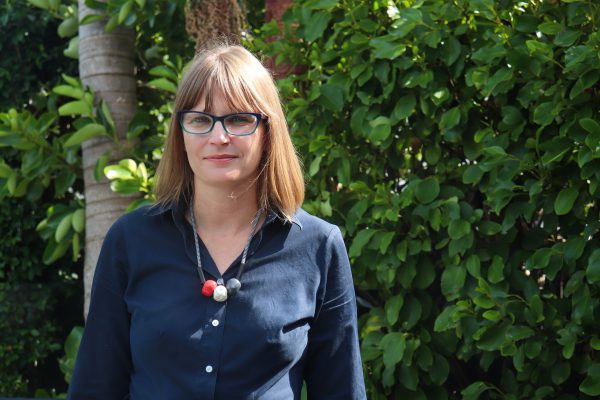RPRESENTED BY Presented by Jennifer Clement, PEN International President
Per Wästberg, Emeritus PEN International President and Chair of the Nobel Prize for Literature
Eric Lax, PEN International Vice President
Nayantara Sahgal, PEN International Vice President
Ngugi wa Thiong’o, PEN International Vice President
Paul Muldoon, PEN America Board Member

ARGUMENT
Within the history of PEN is the history of defining artistic freedom. John Galsworthy, PEN’s first president, at the inaugural dinner of The PEN Club, said, ‘We writers are in some sort trustees for human nature, if we are narrow and prejudiced we harm the human race. And the better we know each other…the greater the chance of human happiness in a world not, as yet, too happy.’
In 1937, the first year of the French poet Jules Romains’ presidency, the international council reaffirmed its identity as ‘a world association of established writers without regard to nationality, race, colour, or religion’ committed to safeguarding ‘the full freedom necessary for creative literature.’
At the congress held in the town of Ohrid, Macedonia, in September 2002, the Canadian and German centres proposed a new formulation in discussions on PEN’s Charter:
Literature of whatever provenance or language is a world cultural heritage and must be protected and upheld at all times as the free and common currency of all people, particularly in periods of political or international upheaval.
And, in 2017, at the congress in Lviv, Ukraine, PEN International Women’s Manifesto became a key document that took the longstanding questions about freedom and creativity in a new direction. As the manifesto’s opening paragraph notes, the ‘frontiers’ referred to in the first article of the Charter were ‘traditionally thought of as borders between countries and peoples’—that is, they were political in a broadly ‘public’ sense. Yet ‘for many women in the world—and for almost all women until relatively recently—the first, and the last and perhaps the most powerful frontier was the door of the house she lived in: her parents’ or her husband’s home’.
To our PEN charter, which states that ‘Literature knows no frontiers’, we can add that the imagination knows no frontiers – there are no boundaries of nations, thresholds, peoples or experience. Like the land of dreams, the imagination is both universal and personal.
The Democracy of the Imagination Manifesto is a document that a writer may use when questioned, attacked or policed for stepping outside of a group one belongs to or a real experience. Attempts to control the imagination lead to xenophobia, hatred, and division as well as censorship and self-censorship. German PEN adds that, “PEN also rejects any kind of manipulation, which leads to the same results.”
For almost 100 years, PEN has both defined artistic freedom and defended artistic freedom. It is important for PEN to lead today.
THE DEMOCRACY OF THE IMAGINATION MANIFESTO
The opening of the PEN International Charter states that literature knows no frontiers. This speaks to both real and, no less importantly, imagined boundaries.
PEN stands against notions of national and cultural purity that seek to stop people from listening, reading and learning from each other. One of the most treacherous forms of censorship is self-censorship —where walls are built around the imagination and often raised from fear of attack.
PEN believes the imagination allows writers and readers to transcend their own place in the world to include the ideas of others. This place for some writers has been prison where the imagination has meant interior freedom and, often, survival.
The imagination is the territory of all discovery as ideas come into being as one creates them. It is often in the confluence of contradiction, found in metaphor and simile, where the most profound human experiences can be found.
For almost 100 years PEN has stood for freedom of expression. PEN also stands and believes in the freedom of the imagination and the sympathetic imagination, which allows one to express and experience the joy and suffering of others.
PEN INTERNATIONAL UPHOLDS THE FOLLOWING PRINCIPLES:
- We defend the imagination and believe it to be as free as dreams.
- We consider the imagination to have access to all human experience, and reject any restrictions of time, place, or origin that attempt to invalidate it.
- We know attempts to control the imagination lead to xenophobia, hatred and division. It is good, rather than bad, to write for another, read about another and become another.
- Literature crosses all frontiers and is always in the realm of the universal.





